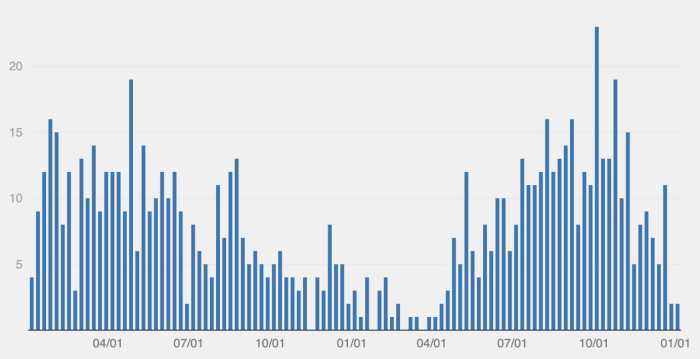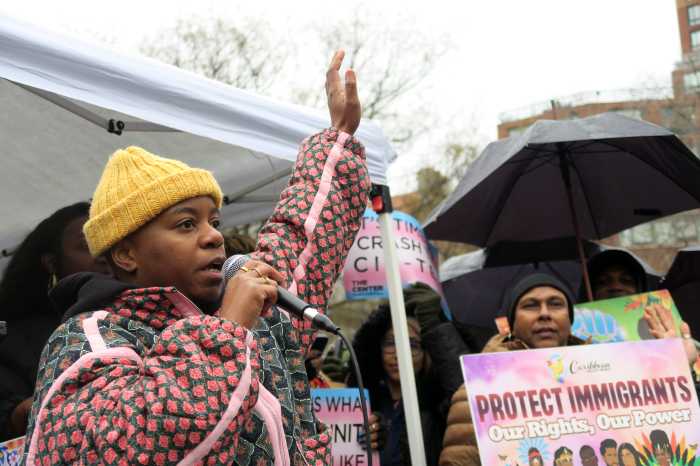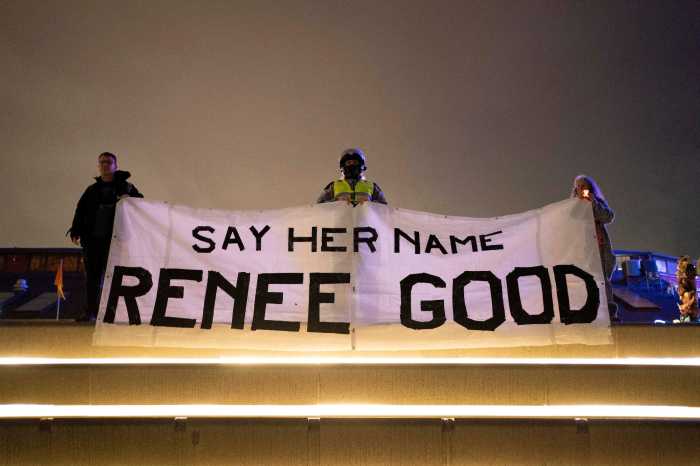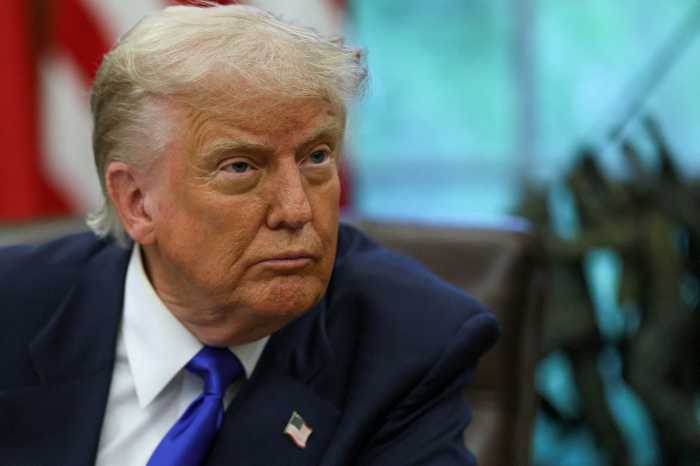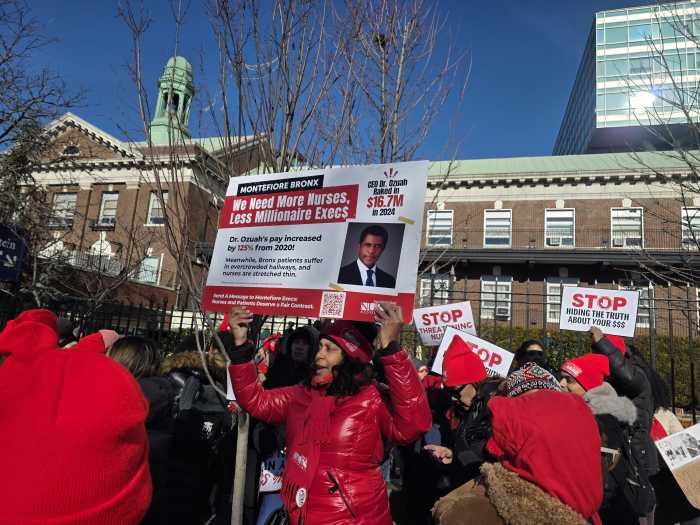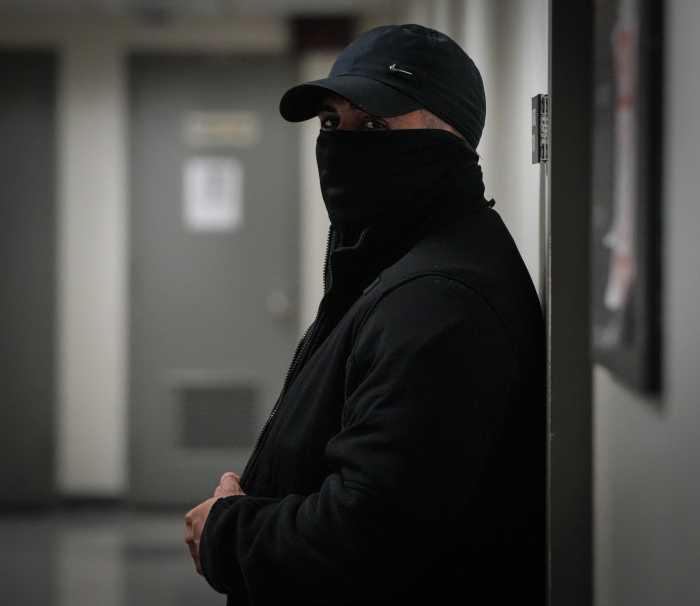New Paltz judge finds state marriage law unconstitutional
For the first time, a New York trial judge has ruled that the state’s marriage law violates both the federal and state Constitutions by denying same-sex couples the right to marry.
In late February, reacting to the issuance of same-sex marriage licenses in San Francisco, West decided to perform marriages for gay and lesbian couples in New Paltz, even though the town clerk refused to issue licenses for the marriages. This brought West up against the New York Domestic Relations Law, which appeared to limit the mayor’s authority to perform marriages only for couples who had obtained valid licenses. West went ahead nonetheless and performed 25 weddings until he was preliminarily ordered to desist by Ulster County Supreme Court Justice E. Michael Kavanagh, who made his order permanent on June 7.
The Ulster County prosecutor, Donald Williams, filed misdemeanor charges against West in the town court. Arguing the case before Katz, Williams maintained that the only relevant question was whether West had violated the marriage statute, which makes it a misdemeanor for somebody authorized to perform marriages to do so for a couple without a valid license. West’s attorney, E. Joshua Rosenkrantz, argued that West could not be guilty of a crime if the underlying marriage law was unconstitutional, and provided Katz with the appropriate legal arguments to challenge the constitutionality of the marriage statute.
Williams did not respond with any arguments in support of the marriage law, nor was an argument presented by Attorney General Eliot Spitzer, although his office responded several weeks ago to one of the civil suits seeking same-sex marriage by defending the law.
“Town courts have jurisdiction to dismiss criminal charges on the grounds that the law defining the violation charged in unconstitutional,” wrote Katz, finding that in light of West’s defense argument, “the determination of the constitutionality of [the marriage statute] is both ‘necessary and unavoidable.’”
“Cultural and political attitudes about homosexual rights and same-sex marriage are evolving rapidly,” Katz observed. “No recent act of the Legislature suggests a policy favoring any form of discrimination against homosexuals or same-sex partnerships.”
Indeed, Katz found the opposite to be the case, noting that the Legislature “has adopted sweeping legislation directed to discrimination against homosexuals,” and that there have been several decisions by the state’s highest court affirming gay rights in the context of tenant succession and co-parent adoption. The judge also took note of the recent decision against St. Vincent’s Hospital, holding that a surviving gay partner from a Vermont civil union could file a wrongful death action in New York, and pointed out that Kavanagh’s decision enjoining West from performing further marriages took no position on the constitutionality of the Domestic Relations Law.
Katz found that the legal question for him to answer was “whether there is a legitimate state purpose in prohibiting same-sex marriages.”
Since neither the Ulster County prosecutor nor Spitzer proposed any state purpose in this case, wrote Katz, “The net effect of the lack of proof is that this record contains no evidence tending to show that there is a legitimate state interest in refusing marriage to same-sex partners… If the state had a legitimate governmental purpose in preventing same-sex couples from marrying either the chief law enforcement officer of Ulster County or of the State of New York could have taken this opportunity to articulate it.”
Thus, Katz concluded, “the defense has rebutted the presumption of constitutionality enjoyed by [the statute] shifting the burden of proof on that issue to the People,” and the prosecution failed to meet that burden.
“We must be ever on our guard lest we erect our prejudices into legal principles,” Katz wrote, quoting Louis Brandeis, the late Supreme Court justice.
Katz is an elected judge, who does not come up for re-election until 2006. Williams, the Ulster prosecutor, announced that he would appeal the ruling.


